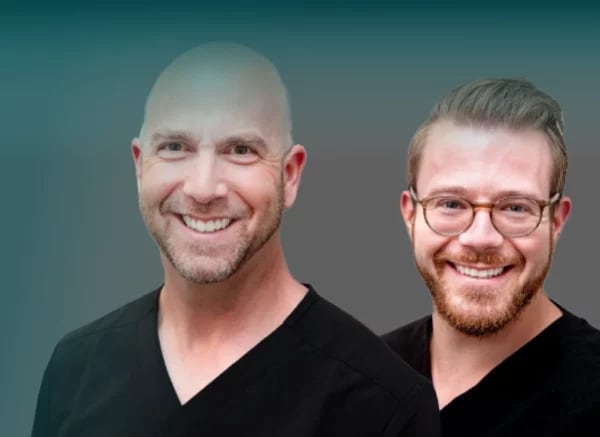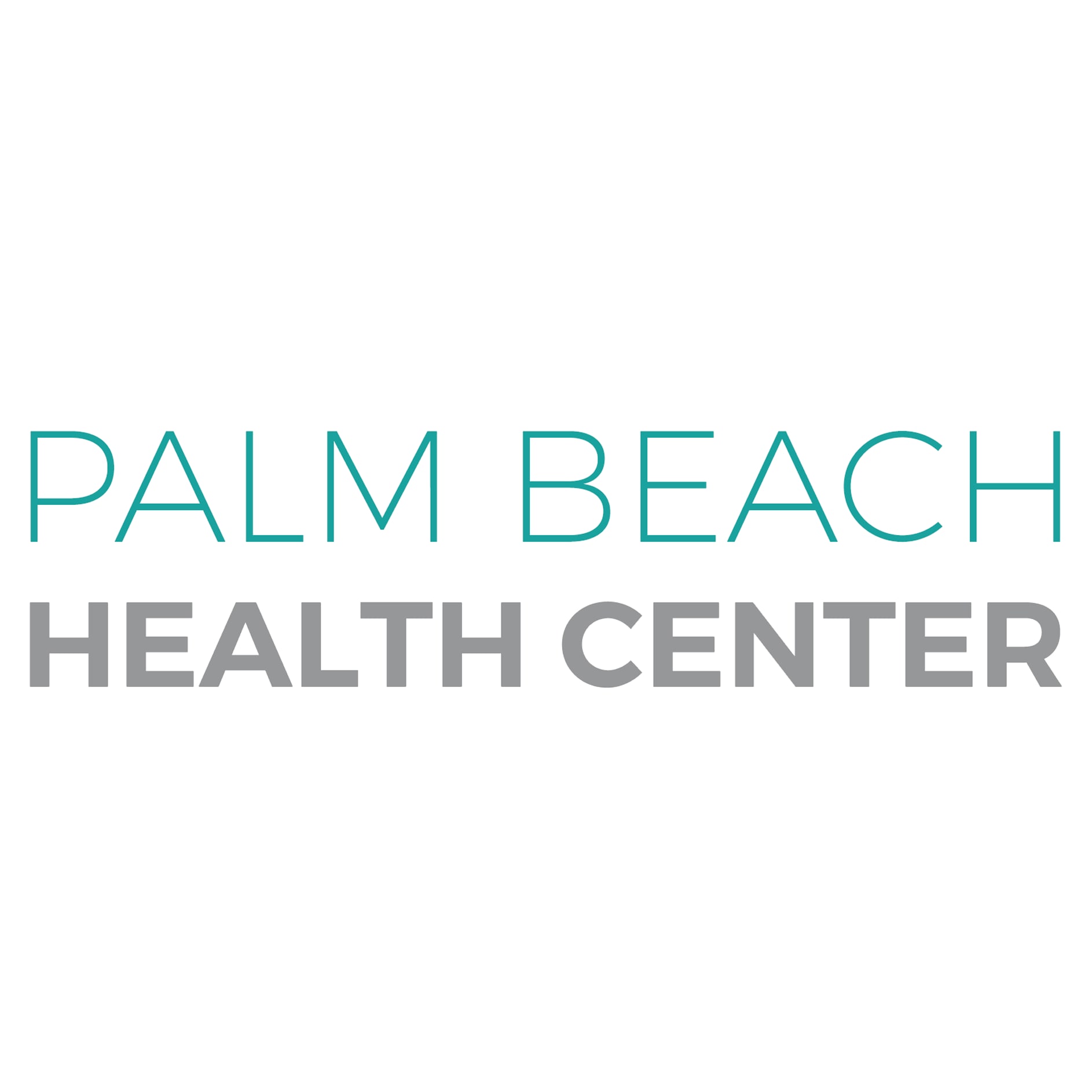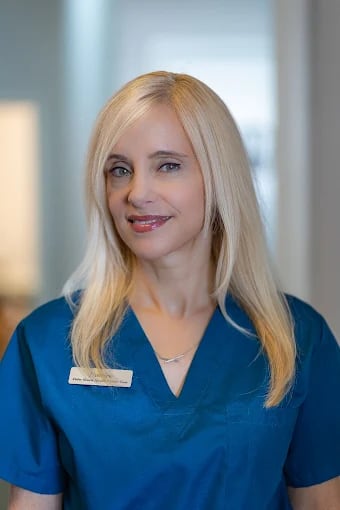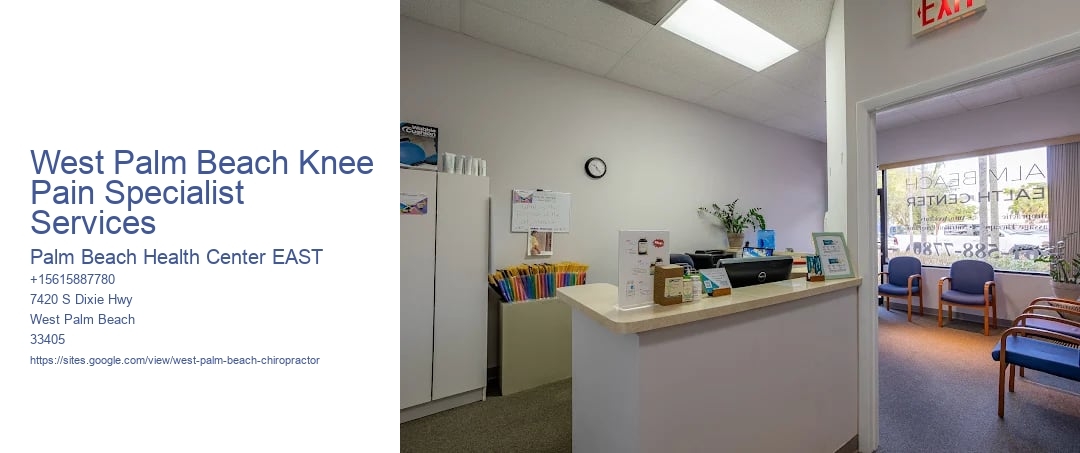Alternative medicine refers to practices that aim to accomplish the healing effects of traditional medication, but that commonly lack organic plausibility, testability, repeatability, or sustaining proof of effectiveness. Such methods are generally not part of evidence-based medication. Unlike modern-day medicine, which uses the scientific method to evaluate plausible therapies using accountable and ethical clinical tests, creating repeatable proof of either result or of no effect, alternate therapies stay outside of mainstream medication and do not originate from using the clinical approach, yet instead depend on testimonies, anecdotes, religion, tradition, superstitious notion, idea in supernatural "powers", pseudoscience, errors in reasoning, propaganda, fraudulence, or various other unscientific sources. Regularly made use of terms for relevant methods are Brand-new Age medication, pseudo-medicine, unconventional medicine, holistic medication, fringe medication, and unique medication, with little difference from quackery. Some alternative methods are based on concepts that contradict the well established scientific research of exactly how the body jobs; others appeal to the superordinary or superstitious notions to describe their effect or lack thereof. In others, the technique has plausibility but does not have a favorable risk–-- advantage end result possibility. Research right into alternate therapies often falls short to adhere to appropriate study procedures (such as placebo-controlled trials, blind experiments and estimation of prior likelihood), giving invalid outcomes. History has actually revealed that if a method is proven to work, it eventually discontinues to be alternative and comes to be conventional medicine. Much of the regarded result of a different practice develops from a belief that it will certainly be effective, the sugar pill impact, or from the cured condition solving on its own (the all-natural course of illness). This is more intensified by the tendency to transform to alternate therapies upon the failing of medication, whereupon the problem will go to its worst and more than likely to automatically enhance. In the absence of this bias, particularly for illness that are not anticipated to improve by themselves such as cancer cells or HIV infection, several research studies have actually shown significantly worse end results if patients turn to different therapies. While this may be because these individuals stay clear of efficient treatment, some different treatments are proactively hazardous (e. g. cyanide poisoning from amygdalin, or the willful intake of hydrogen peroxide) or proactively interfere with reliable treatments. The alternative medicine market is an extremely successful market with a strong entrance hall, and faces much much less regulation over the usage and advertising of unverified treatments. Corresponding medicine (CENTIMETERS), complementary and natural medicine (CAM), integrated medicine or integrative medicine (IM), and all natural medicine effort to incorporate alternate practices with those of mainstream medicine. Typical medicine methods come to be "alternative" when utilized outside their initial setups and without proper clinical description and evidence. Alternate approaches are often marketed as more "all-natural" or "alternative" than techniques used by clinical scientific research, that is in some cases derogatorily called "Large Pharma" by fans of alternative medicine. Billions of bucks have been spent examining natural medicine, with few or no positive results and numerous techniques completely disproven.
.



